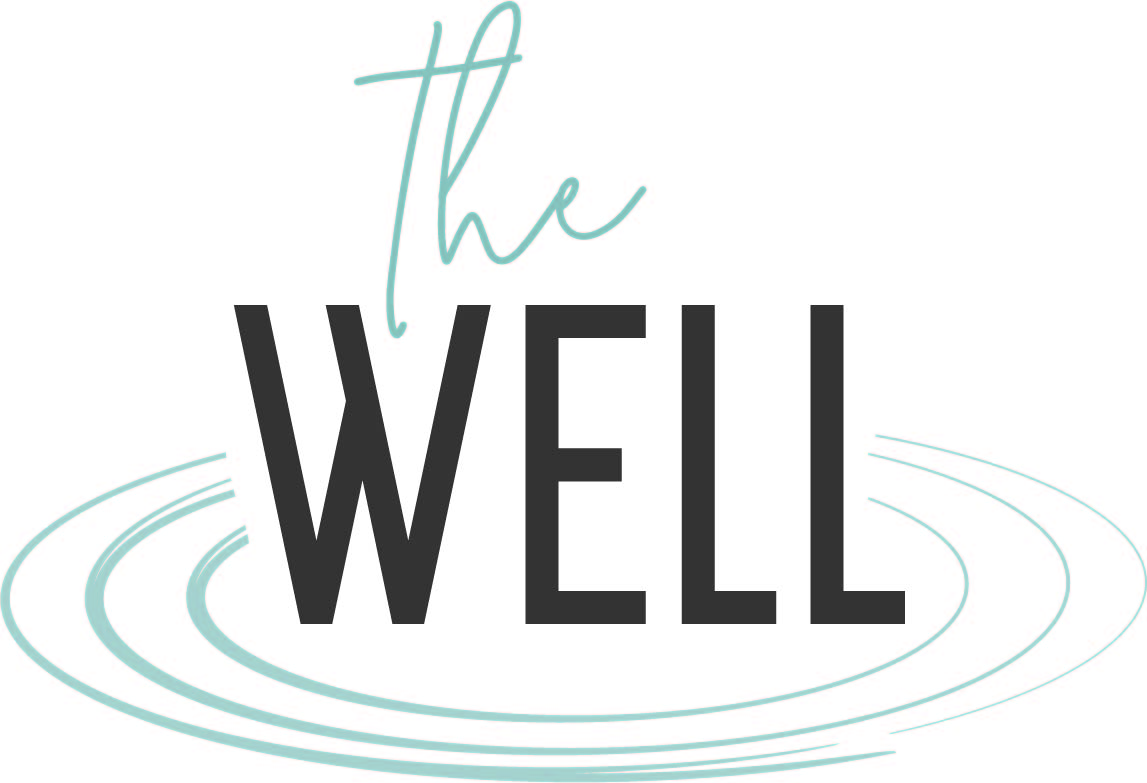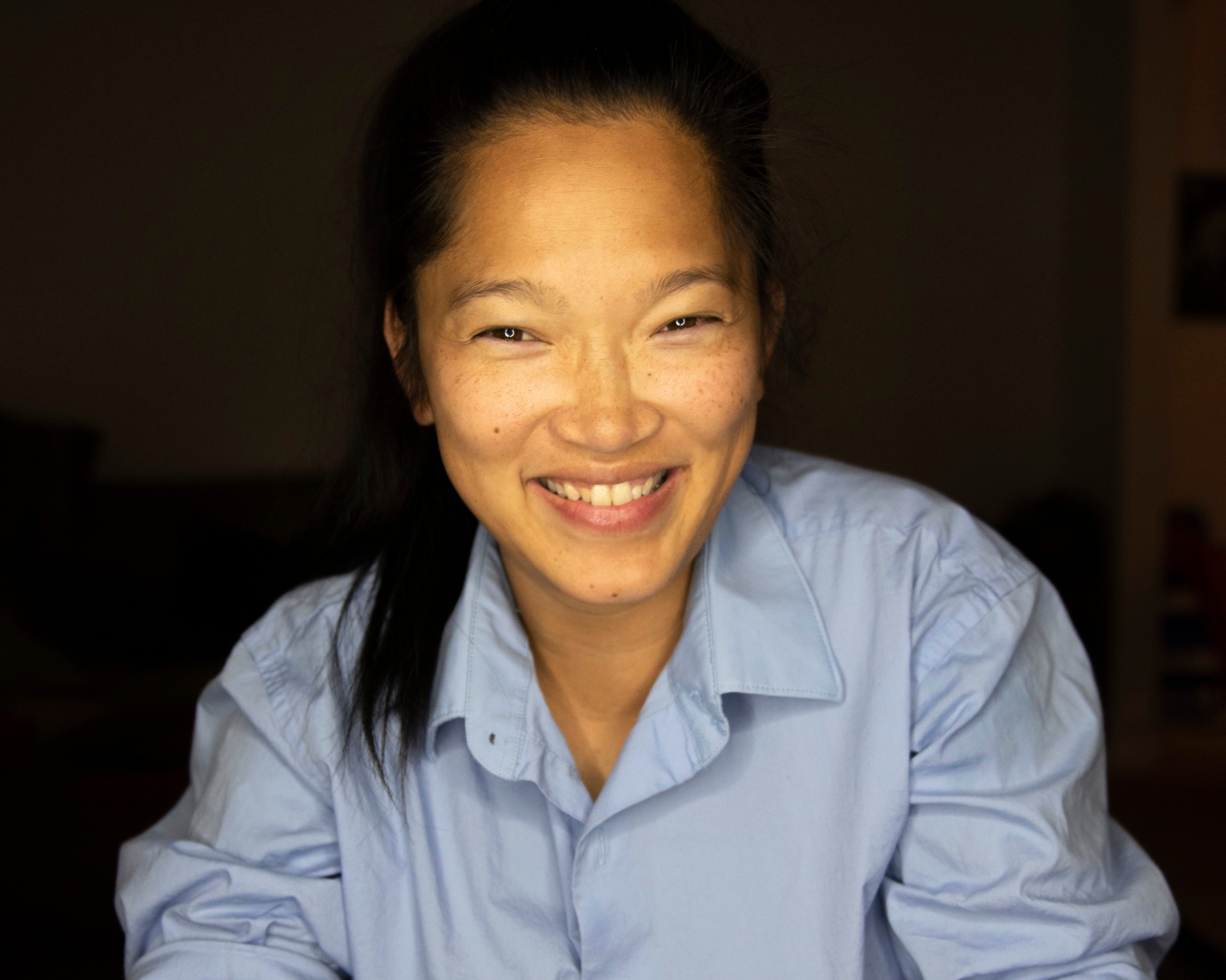Meeting the Women at The Well
By Jennifer Lebron
I didn’t know what to expect when I came to Curtis Bay, a city I’ve never been to – to a neighborhood that my husband would never let me walk through alone, but I went because The Well is a place that helps women and I was a woman, so maybe I would find something.
Nannie walked into the building with nothing. She breathed heavily and looked around for a chair. She found a woman sitting behind the reception desk.
“I need some clothes. Can I pick up some clothes?” she asked.
Nannie’s been to The Well before, she knew the Hope Chest was filled with clothes and shoes. She spelled her name out for the woman behind the desk so she could find her folder. Nannie is one of the many names in a filing cabinet full of women who’ve come to The Well.
She rested her head on the wall. Two blue hairnets crowned on her head as she looked around expectantly. Nannie said she was hungry and woman behind the desk said she could help with that and walked to the back to get a slice of apple pie – leftovers from the morning’s bible study and a wad of cash.
Nannie left The Well with a bag of clothes, $7, and my lunch from the fridge. I think it was the look on her face that made me run to her rescue. She looked at everyone expecting to be noticed and heard.
There are a lot of times I walk by people sitting on the street and I am so focused on where I am going, I don’t even notice their eyes. Are they looking at me expectantly – yearning to be noticed and heard?
As I got in my car, Nannie was walking toward the bus stop. She saw me and ran towards the car.
“Can you give me a ride to 9th street?” she asked, again with that expectant urgency that someone would help her because she needed it.
Remember when I said this was a neighborhood my husband would not let me walk through alone? I didn’t think it would’ve been okay if I reported to my husband I drove into the numbered streets with a stranger, so I offered her the bus fare instead.
“It’s just $4,” she said as she watched me open my wallet. I didn’t have any dollar bills. I had a $10 bill.
That expectant look I saw on her face that morning turned to joy.
“Oh my God,” she exclaimed. “God bless you, sweetie. I’m gonna give you a kiss. Come here let me kiss you.”
She wasn’t kidding. She bent in through the window and her tiny, wet lips touched my cheek. She was grateful and joyous.
To me, it was just $10. To her, it was much, much more.
Traditionally, a well was a gathering place in the community. Women journeyed there for their life-giving sustenance: water. They would also share their lives and hearts with each other. Today women are drawn to The Well at 4710 Pennington Avenue for similar reasons.
“We’re about a holistic approach to helping women,” said Mandy Memmel, executive director of The Well. “It’s about the body, mind, and soul. We help women set themselves up for their future, not just the struggle they face in the present.”
Since 2013, The Well has offered programs to support and equip women through development training and building a community of women helping women.
“We have a 10-month mentorship program,” Erin Allison said, the program director of Hon’s Honey. “The women involved as mentees volunteer their time at The Well. And when they graduate from the program, they can be hired at Hon’s Honey.”
Hon’s Honey is a workforce development program for The Well that hires at-risk women. They learn new skills, gain financial independence, and experience the hope of healing.
“For some of these girls, this is their first legit tax-paying job, “said Angie Shaneyfelt, a Hon’s Honey employee and The Well’s event coordinator. “And, every payday is like the first payday. It’s really fun, as a family, to celebrate that.”
“It’s our social enterprise,” said Memmel. “A purpose-driven business.”
The honey is locally sourced, and all the products are handmade by women who are survivors of addiction, abuse, poverty, sex-trafficking, and prostitution.
“God gave me a vision that this would be a land flowing with milk and honey,” Memmel said. “Baltimore would be prosperous, and people would be proud of this city.”
These women can develop a wide range of skills, gain work experience, manage financial independence, and provide for their families.
Shera Hicks, a Hon’s Honey employee, just started a part-time job in concessions at the Baltimore Ravens stadium.
“Because of Hon’s Honey, I feel like I pick up and learn a lot faster,” she said. Before working at Hon’s Honey, she had a hard time getting a job.
“I couldn’t get a job because I’m a felon,” she explained. “Now, I have this one where I can make a statement for women.”
In one week, I watched women solve problems, create soaps and products with their hands, I watched them laugh together, cry together, and I watched them care for each other – and more importantly, for the unnamed woman that will walk through the door tomorrow.
“Everything that we do is not for us, “Memmel said. “Everything we do is preparing the way for the next woman that comes to The Well.”
The Well is committed to helping a woman realize her value, identity, and her created purpose. What I noticed most about this building, this neighborhood, and this city is a love and compassion that permeates through the walls and walks up and down the streets and lives in each woman who leaves this building.
“It’s a safe place,” said Shaneyfelt. “You can open up and you are not judged because you are around women who can relate to you, not just relate, but understand that it’s okay to not be okay.”
I walked into the well expecting to find a good story about women garnering the strength to rise above their circumstances, but I found so much more. I left The Well with stories of lives changed and new friendships with women who showed me what love and compassion look like in real life.
I left The Well thirsting for something more than water. I experienced a week with women in community – true communion – they shared their struggles; they bared their souls in vulnerability, and it was okay.



